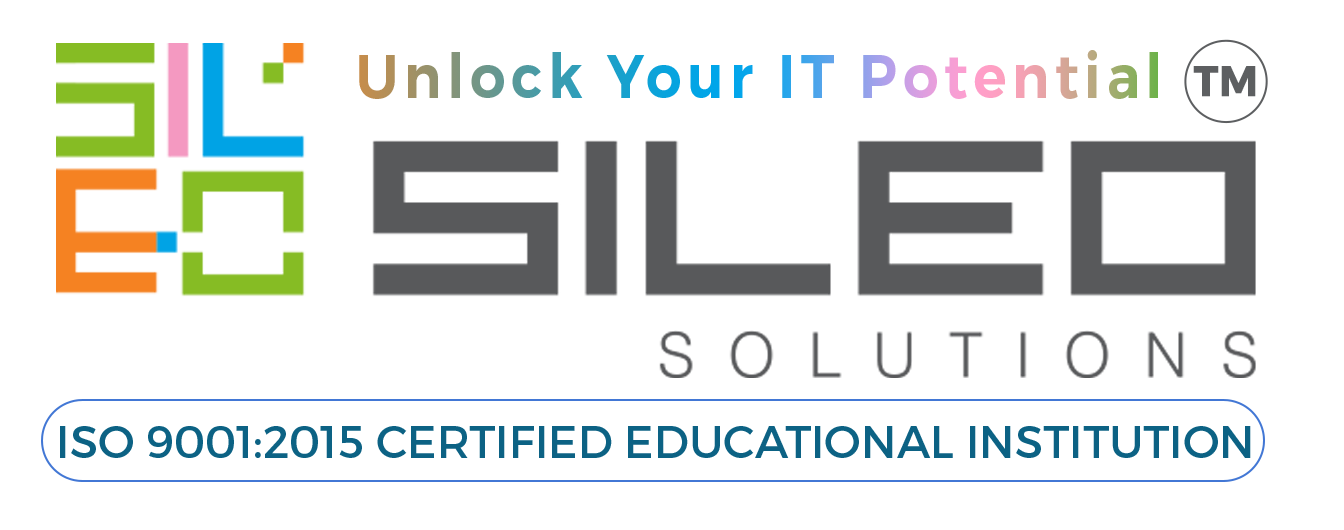The Project Management Professional (PMP) certification is a globally recognized qualification awarded by the Project Management Institute (PMI). Attaining this certification demonstrates a professional’s proficiency and expertise in project management methodologies and practices.
A project manager must achieve specific standards and then pass a 180-question exam in order to become certified as a PMP. Each test question may be connected to actual project management experiences because the PMP exam was developed by project leaders for project leaders.
Am I Eligible for the PMP Exam?
Earning your PMP certification is a commitment. That’s part of what makes it valuable. If you have real-world project management experience, you’ve finished the hardest part.
Before you apply, make sure you meet one of the following sets of PMP Certification requirements:
- Four-Year College / University Degree
- 36 months of experience leading projects within the past eight years
- 35 hours of project management education/training or CAPM® certification
— or —
- High School or Secondary School Diploma
- 60 months of experience leading projects within the past eight years
- 35 hours of project management education/training or CAPM® certification
How to Get Your PMP Certification ?
- Prepare
Studying for the PMP certification can significantly increase your chances of passing. We have a wide range of resources to help you test prep.
- Apply
Find out if you qualify to take the PMP certification exam. If you’re eligible, you can schedule your exam on a timeline that works for you.
- Take the Exam
With eligibility confirmed and the exam fee paid, you’ll be ready to schedule and take the exam.
EXAM CONTENT OUTLINE
The following table identifies the proportion of questions from each domain that will appear on the examination.
Domain Percentage of Items on Test
- People 42%
- Process 50%
- Business Environment 8%
Total 100%
Course Outline:
The PMP certification exam covers a wide range of knowledge areas and domains that project managers need to be well-versed in. The syllabus is designed to assess the candidate’s understanding of:
1. Project Integration Management:
This domain focuses on the processes and activities required to coordinate and integrate all project management processes effectively.
2. Project Scope Management:
It involves defining, validating, and controlling the project’s scope to ensure that all the work required is included but also that carefully defined boundaries are established.
3. Project Schedule Management:
This knowledge area primarily deals with the development of a project schedule, including tasks, dependencies, and critical paths.
4. Project Cost Management:
It covers the processes involved in estimating, budgeting, and controlling project costs, including resource planning and financial management.
5. Project Quality Management:
This domain focuses on establishing quality policies and procedures to ensure that project deliverables meet the required standards.
6. Project Resource Management:
It includes managing human resources, equipment, materials, and supplies needed to execute and complete the project.
7. Project Communication Management:
This domain includes activities related to planning, managing, and controlling project communications.
8. Project Risk Management:
This domain covers topics such as identifying, analyzing, and responding to project risks.
9. Project Procurement Management:
This domain deals with the processes of procuring goods and services from external suppliers for a project.
10. Project Stakeholder Management:
This domain focuses on identifying, analyzing, and managing project stakeholders’ interests and expectations.
Each domain includes a set of knowledge areas, which further break down the various subject matters covered in the PMP syllabus. The syllabus provides project managers with a comprehensive understanding of the concepts, tools, and techniques needed to effectively manage projects.
It is important for PMP aspirants to thoroughly study and understand the PMP syllabus in order to prepare for the certification exam and demonstrate their proficiency in project management.

